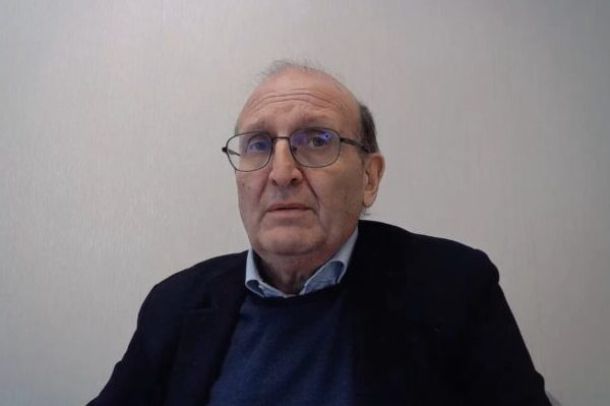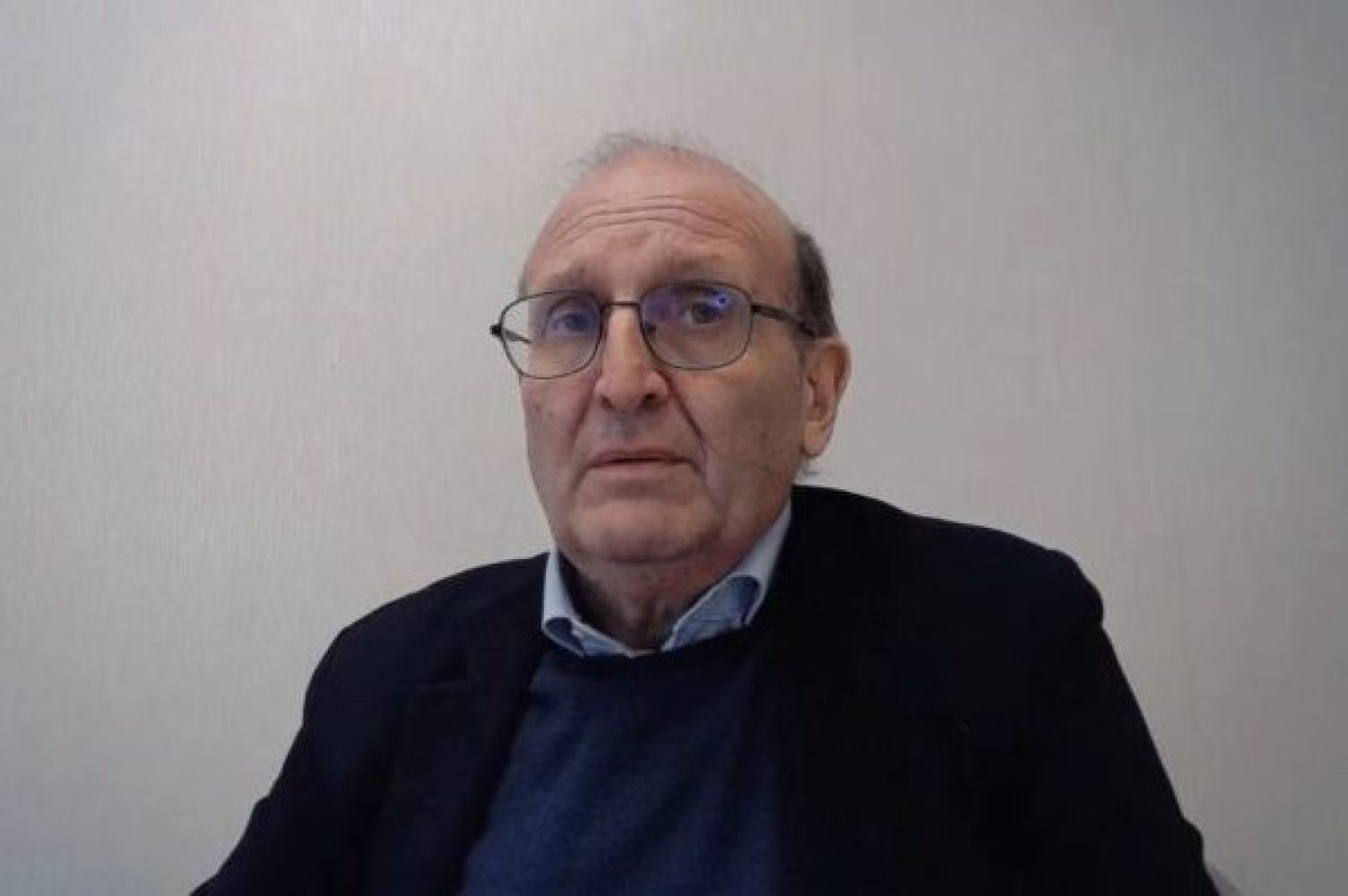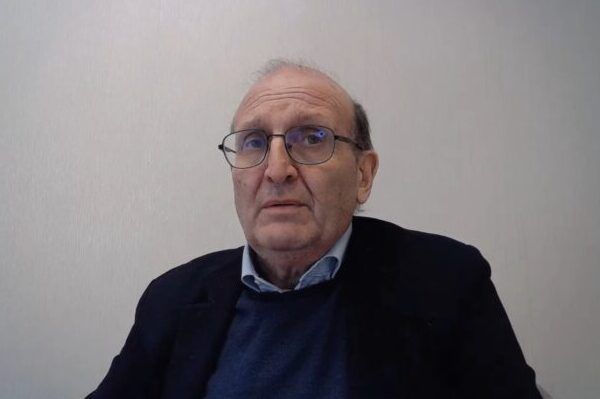Critical review on Diagnosis and Treatment of Progressive MS
24th April 2021, Expert Meeting, Professors Carlo Pozzilli and Celia Oreja-Guevara gave an update to the slide deck on Diagnosis and treatment of Progressive Multiples Sclerosis.
This video interview with Prof Carlo Pozzilli is based on this slide deck and brings out the key points. Consult here the video interview.
ABSTRACT
A comprehensive understanding of what exactly is meant by the term “progressive MS” forms the next frontier in MS research. What are the progressive MS subtypes, how are they defined, what is driving disease progression, and how can it be treated? With these questions in mind, Professor Carlos Pozzilli provides a comprehensive overview of the pathogenesis, diagnosis, and demographic aspects of progressive MS, and looks at clinical trial outcomes assessing a range of different disease-modifying therapies to treat progressive forms of MS. This educational deck will be highly useful for neurologists wishing to expand their knowledge of progressive MS.
QUESTIONS ASKED IN THE INTERVIEW
-
What are the main objectives that you are trying to address in the paper?
-
What are the main clinical differences between RRMS and SPMS?
-
And the main pathological differences (inflammation/brain lesion activity/neurodegeneration)?
-
Why is difficult to know that a person is definitively SPMS?
-
Are there any major biological differences between SPMS and PPMS?
-
What are the unmet needs concerning the diagnosis and treatment of PMS (biomarkers / neurodegeneration)?
BIOGRAPHY
CARLO POZZILLI
Professor of Clinical Neurology, Department of Neurology University “La Sapienza” of Rome, Itlay
Professor Pozzilli studied at the University of Rome “La Sapienza”. He then moved to the Hammersmith Hospital in London, UK, to take up a research post in 1980.In 1983, he became a Board Certified Neurologist at the University of Rome. In 1986 obtained a research grant in Neuroimaging at the Tohoku University, Sendai Japan.In 1987, he was awarded a PhD in Clinical Neurosciences by the University of Rome, where he became Full Professor in 2006. In 2002 he funded and become Director of the Multiple Sclerosis (MS) Center of OspedaleS.Andrea, University of Rome which is his actual position.
Professor Pozzilli’s fields of interest include the clinical aspects and treatment of MS; he has published more than 350 papers and reviews on these subjects.
Professor Pozzilli is a member of several National and International Societies.
He has participated as a first investigator in at least 250 multicentre clinical trials on patients with MS. He was also member of the Steering Committee and Advisory Board inseveral multicentre trials.





